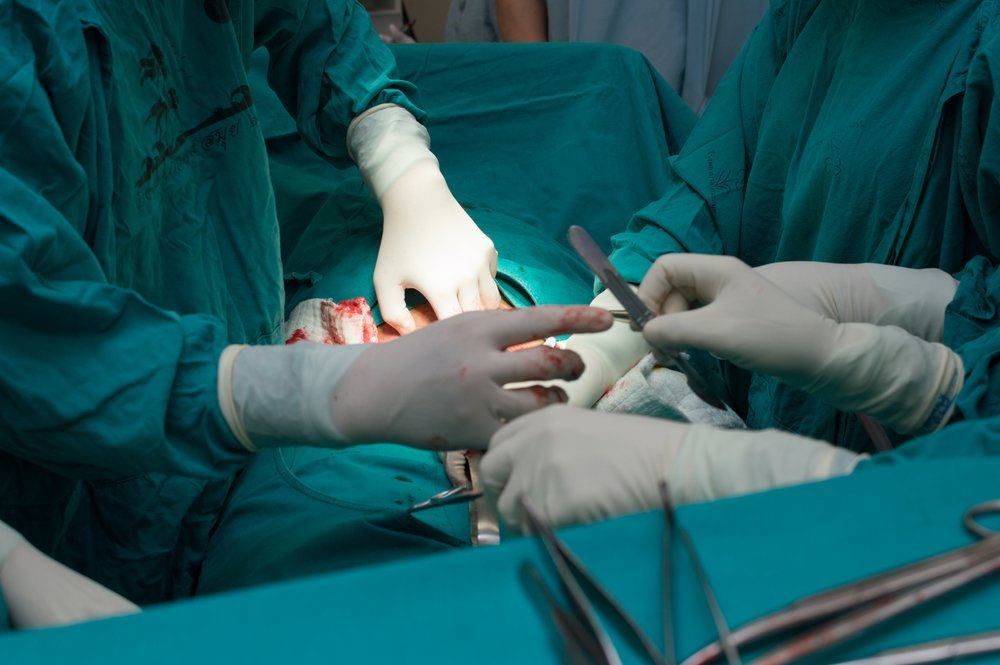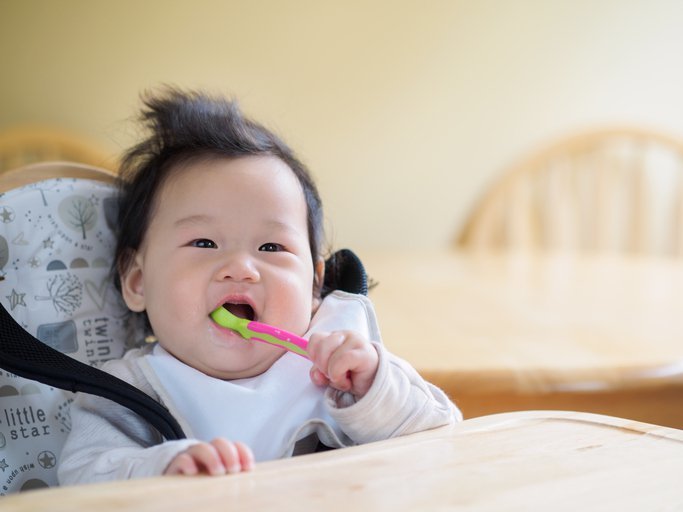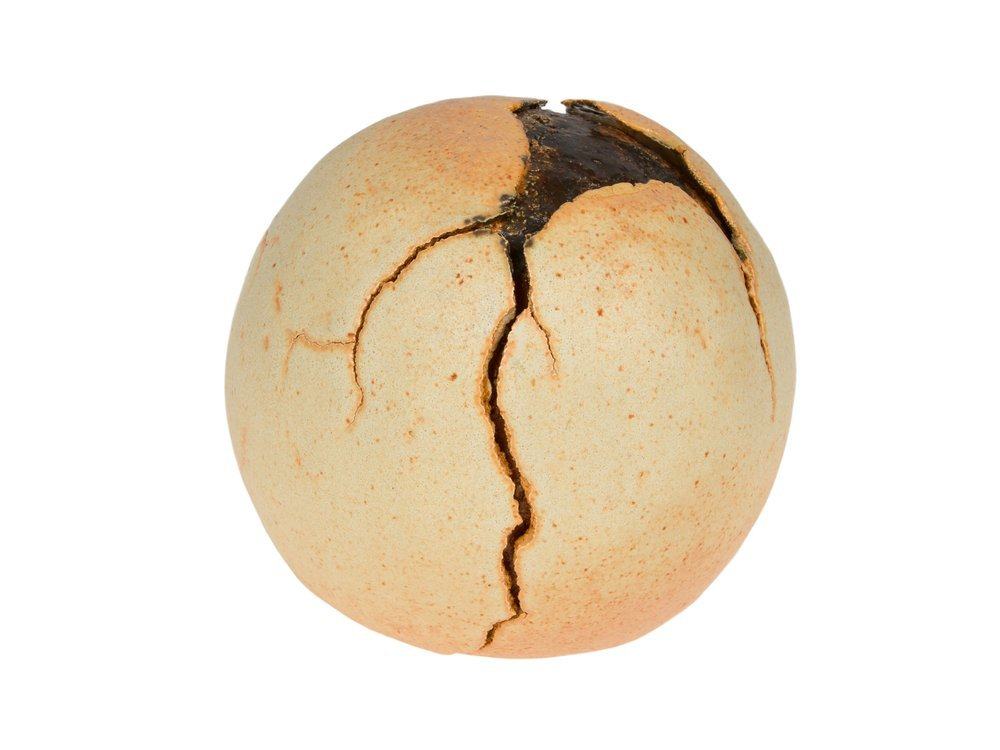Contents:
- Medical Video: Dr. Chris DeStephano Discusses Abnormal Uterine Bleeding
- Is bleeding during childbirth normal?
- What are the causes of heavy bleeding during childbirth?
- 1. Uterine anemia
- 2. Retention of the placenta
- 3. Placenta accreta
- 4. Coagulation disorders (blood clots)
- Who is at risk of experiencing severe bleeding during childbirth?
Medical Video: Dr. Chris DeStephano Discusses Abnormal Uterine Bleeding
Bleeding is normal when you give birth. However, what if what happens is heavy bleeding? This is not normal and can cause maternal death. Yes, heavy bleeding during childbirth can endanger the life of the mother. Heavy bleeding during childbirth can occur due to various things, such as abnormalities in the placenta.
Is bleeding during childbirth normal?
Shortly after you give birth, your body will expel the placenta. Your uterus must make a strong contraction to break the blood vessels where the placenta attaches to the uterine wall. At this time, you experience blood loss because the placenta tries to separate from the uterine wall and this is normal.
However, even heavy bleeding can occur at this time, usually this is caused by the uterus not contracting properly (uterine atony). To prevent heavy bleeding caused by this, you will usually be given an injection to help the uterus contract, so that the placenta is more easily removed.
Heavy bleeding shortly after delivery is known as postpartum hemorrhage (PPH). This hemorrhagic postpartum can be divided into two types, namely:
- Primary PPH, that is when you lose more than 500 ml of blood during the first 24 hours after giving birth. This can happen in 5 out of 100 women.
- Secondary PPH, occurs when you experience severe or abnormal vaginal bleeding between the first 24 hours to 12 weeks after giving birth. This can be experienced by fewer than 2 out of 100 women.
If you lose 500-1000 ml after giving birth (minor PPH), your body may still be able to overcome it. However, if you experience more than 1000 ml of blood loss after giving birth (major PPH), you will need immediate treatment from your doctor.
What are the causes of heavy bleeding during childbirth?
There are many causes of heavy bleeding during childbirth. These causes can be divided into four main groups, namely due to tone (uterine atony), tissue (such as placental retention and placenta accreta), trauma (due to wounds on the birth canal, for example), and thrombosis (blood clotting disorders).
1. Uterine anemia
Uterine anemia is the most common cause of severe bleeding after childbirth. Uterine atonia is a condition in which the uterus cannot contract properly to remove the placenta. So, this can cause severe bleeding and quickly after the mother gives birth.
Risk factors that can cause uterine atony are multiple pregnancies, macrosomia (large babies), too much amniotic fluid (polyhydramnios), fetal abnormalities, uterine structural abnormalities, and so on. You are also more at risk of experiencing heavy bleeding if you give birth very long or very fast.
2. Retention of the placenta
Retention of the placenta occurs when your placenta is still stuck in the uterus after you give birth to your baby. This makes the blood vessels in the uterus not closed properly, so you can experience severe bleeding. Retention of the placenta is more likely to occur when you give birth at a very early gestational age, especially less than 24 weeks (very premature birth), and severe bleeding is more likely to occur at this time.
3. Placenta accreta
Placenta accreta occurs when blood vessels and other parts of the placenta are embedded too deep in the wall. In this condition, the placenta can be partially or completely attached to the uterine wall when the mother has given birth to her baby. This can then cause severe bleeding after giving birth. Placenta accreta may be caused due to abnormalities in the uterine wall.
4. Coagulation disorders (blood clots)
Blood clotting disorders can also cause you to experience heavy bleeding after giving birth. Some conditions associated with blood clotting are von Willebrand's disease, hemophilia, and idiopathic thrombocytopenia purpura. In addition, complications during pregnancy, such as preeclampsia and gestational hypertension, can also affect the ability of the blood to clot, so that complications of pregnancy can also cause severe bleeding after childbirth.
Who is at risk of experiencing severe bleeding during childbirth?
If you have risk factors below, you are more likely to experience heavy bleeding during childbirth.
- Excess amniotic fluid (polyhydramnios)
- Having fetal macrosomia (baby weight more than 4000 grams)
- Have had previous postpartum hemorrhage
- You take medication to induce labor
- Having twins
- You remove the placenta for a very long time
- You have labor for a very long time (more than 12 hours)
- You have an episiotomy during labor
- Labor by caesarean section
- You need help during labor, such as with forceps or vacuum
READ ALSO
- 5 Ways to Overcome Postpartum Depression After Childbirth
- What Happens to Your Body After Childbirth?
- What Is After Childbirth Bleeding (Lokia)












